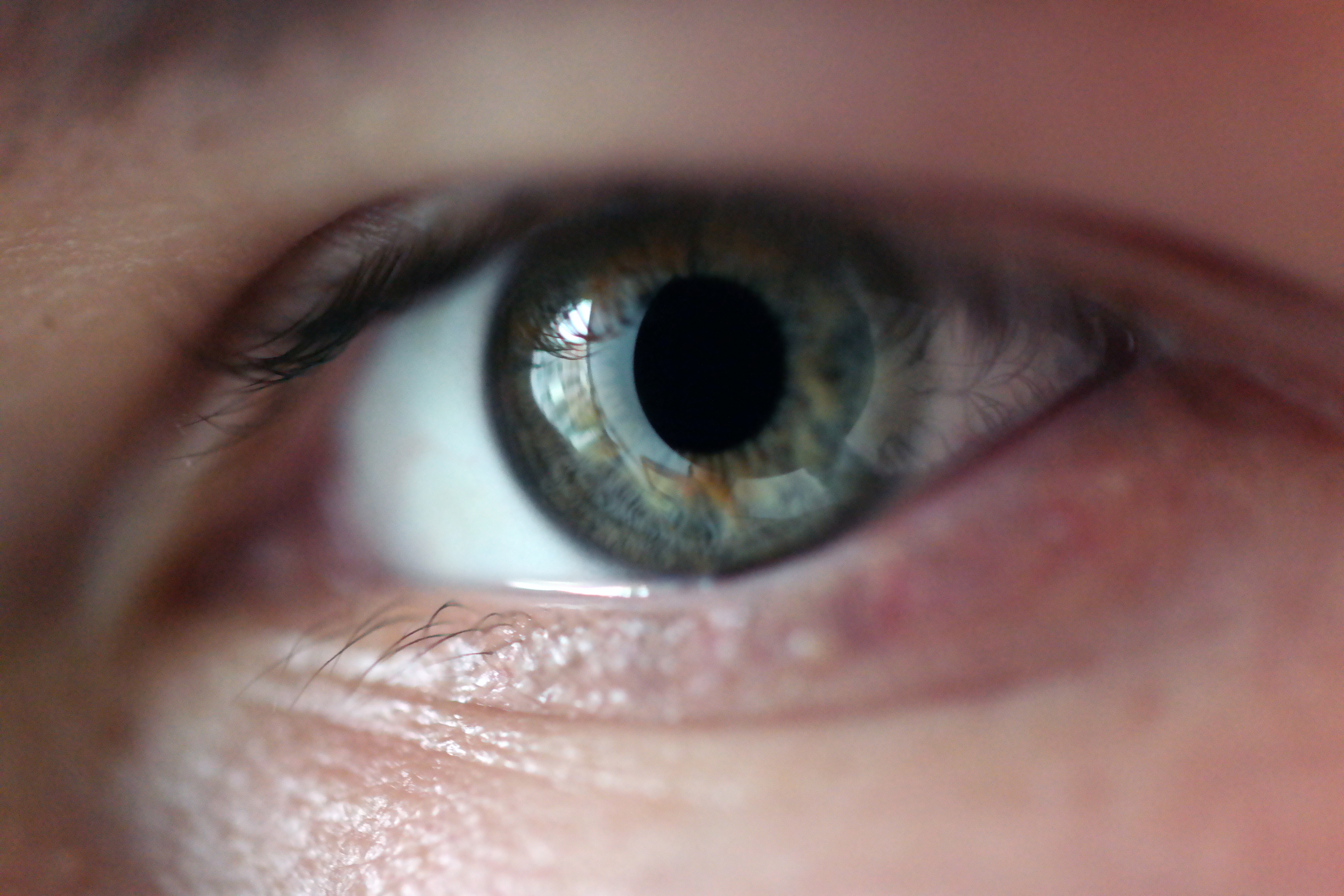An optometrist is here to examine your basic vision, and determine if your eyes are in good health. They can refer you to another specialist if they you have a specific disease of the eye but are usually able to prescribe spectacles or lenses. That is why they are really important, and you have to know more about them.
How can an optometrist help you?
 Optometry is the branch of medicine that specialises in the care of the eyes, detecting defects in vision, injuries, ocular diseases, or abnormalities in the eye.
Optometry is the branch of medicine that specialises in the care of the eyes, detecting defects in vision, injuries, ocular diseases, or abnormalities in the eye.
Your vision is essential, and your eyes are incredibly delicate; this is why it is very important for you to choose the right optometrist to take care of your eyes. We at MeditSimple are here to help you find out everything you need to know about optometrists to allow you to choose the best optometrist for your needs.
An optometrist’s job is to ensure and maintain a good eye sight for each of their patients. Optometrists offer a basic eye examination and check for other medical conditions such as diabetes and high blood pressure. They make a general health assessment after which they offer clinical advice and at times prescribe contact lenses or spectacles (that they can also supply to the patient).
They can refer you to an ophthalmologist when they discover severe sight problems, or in case of diseases like diabetes which can have serious effects on your vision. They are also able to prescribe drugs, to treat allergies, irritations, infections and some other slight disabilities.
What is an optometrist’s background?
In the UK, optometrists must complete courses in English, Physics, Chemistry, Maths, and Biology. After having been admitted to their optometry school, they must obtain a degree in optometry approved by the GOC (General Optical Council). They then complete a 12 to 15 months salaried pre-registration training under the guidance of a GOC registered optometrist and finally pass the GOC final assessment. They acquire the licence to pracrice once they have completed a 4 year degree.
However, they are not fully qualified doctors.

